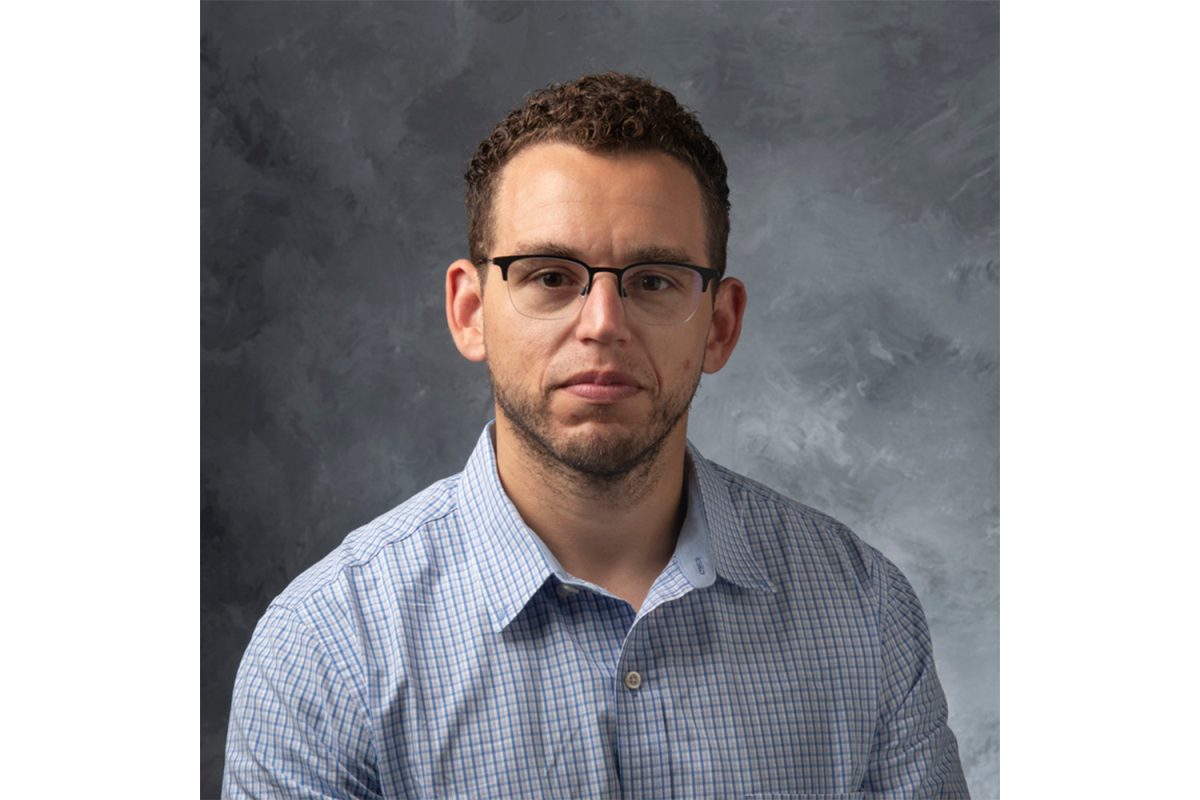National Institutes of Health awarded a University of Iowa assistant professor and his team a $3.7 million grant to conduct a five-year study investigating how adverse childhood events may influence the likelihood of developing cardiovascular diseases in adulthood.
Before joining the UI in 2020, Nathaniel Jenkins, an assistant professor in Health and Human Physiology, conducted similar research at Oklahoma State University, focusing on cardiovascular physiology and psychological stress caused by abuse, neglect, and family dysfunction during childhood.
In a preliminary study, Jenkins found a trend where participants with a higher number of adverse childhood events were at an increased risk for cardiovascular diseases.
Since Jenkins moved to the UI to continue his work, he has also started investigating whether sleep disruption plays a role in developing cardiovascular diseases. Jenkins noted previous research has shown a correlation between adverse childhood events and sleep disruption, so the team plans to monitor the participants’ sleep and heart activity in the new study.
“At Iowa, a small cohort study supported our hypothesis regarding the significant role of sleep in cardiovascular risk for this population,” Jenkins said. “This larger project allows us to investigate this hypothesis with more rigor, focus, and a larger sample to build a robust evidence base.”
Participants will wear watches and headbands while they sleep during the study to monitor and track their different stages of sleep.
Flow-mediated dilation, or the measuring of how well arteries expand, is one key focus of the lab work. Healthier arteries can dilate more, typically indicating a lower cardiovascular risk.
The team will also take a tissue sample of endothelial cells, which make up the lining of blood vessels, and analyze for oxidative stress, inflammation, and the availability of nitric oxide.
Laura Schwager, a research associate in the Integrative Laboratory of Applied Physiology and Lifestyle Medicine, shared her enthusiasm for the research opportunity.
“Our lab has been looking at vascular endothelial function for years using a non-invasive technique,” Schwager said. “The fact that we’re now going to be able to have in vitro samples is going to be crucial to corroborating and/or expanding our findings, so I’m very excited.”
Emily Thomas, clinical assistant professor of psychology, will be working with the study participants from a psychological angle, examining those who struggle with sleep because of their adverse childhood events.
Thomas will develop a cognitive-behavioral therapy for insomnia as part of the intervention.
“We aim to test whether improving sleep quality can also enhance cardiovascular function in individuals with [adverse childhood events], as they are at a higher risk for cardiovascular disease later in life,” Thomas said. “It would be transformative to intervene earlier, before such problems arise, by improving sleep, which could improve heart function and potentially reduce future health concerns.”
Although the study is still in preparatory stages, Jenkins said the results will have an important impact on the public whether their hypothesis is proven or not.
Jenkins said 60 percent of Americans have been exposed to at least one adverse childhood event, and about one in six have four or more of these events, according to the Centers for Disease Control and Prevention. Four or more adverse childhood events are associated with the highest risk level.
Though the study is in its initial phase, Jenkins emphasizes its potential to reshape the scientific understanding of adverse childhood events and their long-term health impacts, potentially informing new public health initiatives and interventions.
“There’s an urgent need for us to determine why and how this is happening,” Jenkins said. “And what can we do to intervene to short circuit or at least delay the progression towards cardiovascular disease.”



